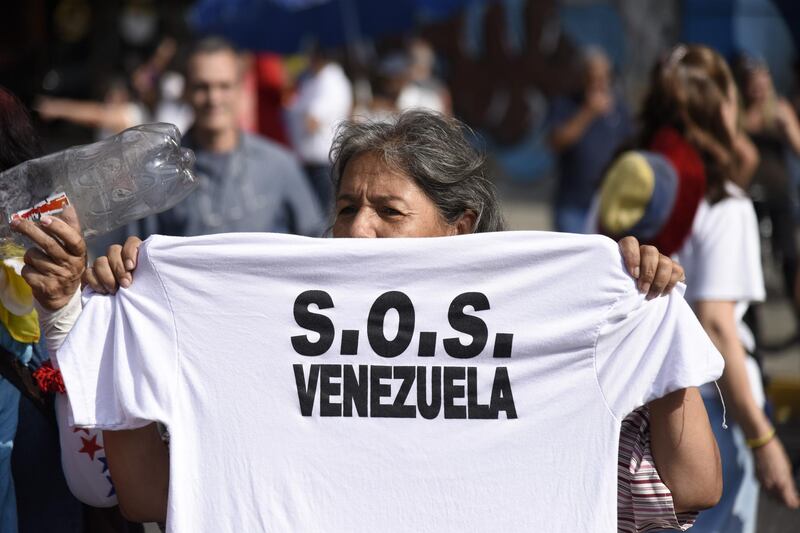In Venezuela, a constitutional crisis has exacerbated an already unprecedented humanitarian one. Since January, two men have been battling for power: Nicholas Maduro, the heir to revolutionary leader Hugo Chavez, and opposition leader and self-proclaimed president Juan Guaido, who is seeking to head a transitional government in the wake of widely discredited elections in 2018. Two decades of the Bolivarian Revolution have plunged oil-rich Venezuela into the worst economic crisis in its history. As a consequence of short-sighted economic policies, rampant corruption and a dip in the price of oil, inflation reached a staggering 800,000 per cent last year. And amid crippling shortages of food and basic necessities – from medicine to toilet paper – three million Venezuelans have fled to neighbouring countries.
Yet, even as popular discontent continues to mount and his political legitimacy is questioned further, Mr Maduro persists in turning a blind eye to the needs of ordinary citizens. His flippant use of the popular term “Maduro diet” in 2016, coined by Venezuelans to denote scarcity-induced weight loss, showed he does not take his people’s plight seriously. While Mr Guaido is reportedly attempting to bring aid into Venezuela, Mr Maduro has blocked its entry from Colombia by barricading the border. And rather than acknowledging his country’s many problems, and trying to resolve them, he has consistently piled blame on others, namely the US, going so far as to claim American cyber-attacks have caused the country’s current electricity blackout.
This situation is reminiscent of the Cold War, with the US and much of the international community supporting Mr Guaido, while Russia and China prop up Venezuela's socialist president. While world powers should not turn Venezuela into a pawn, the country's woes can only be attributed to the mismanagement of its wealth, and a failure to address systemic flaws. Today, Venezuela holds the sad title of Latin America's most corrupt country, according to Transparency International. While global powers and local leaders struggle for dominance, Venezuelans are the ones who pay the price.
Some 11,000 kilometres away, a regime clinging to power while ignoring the needs of its people has trapped Syria in an eight-year war. Caracas is evidently not war-torn, but its crisis has come at an extreme human cost, leaving nine in 10 Venezuelans below the poverty line. These people deserve better, and a peaceful democratic process might now be the only way to end this sad predicament.





